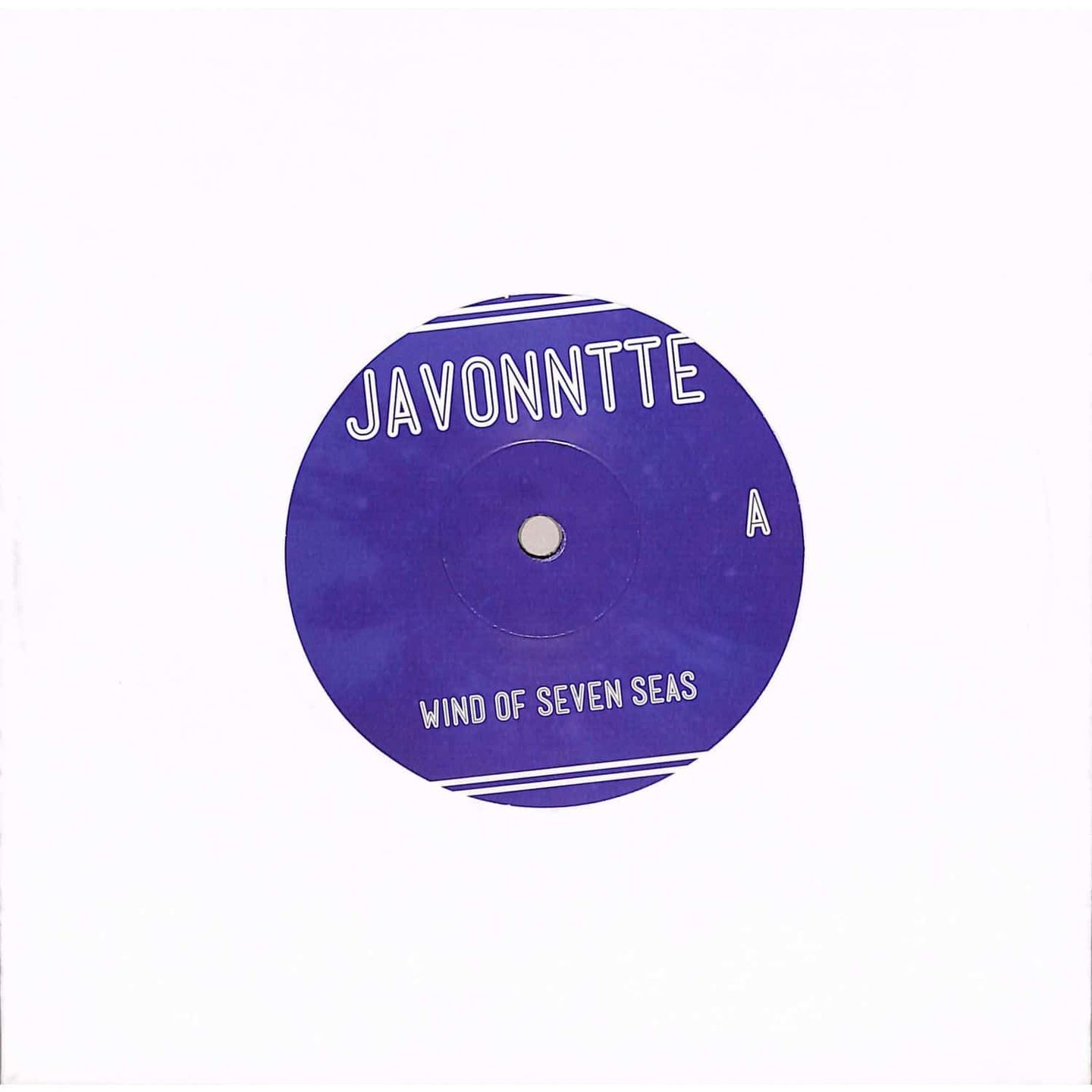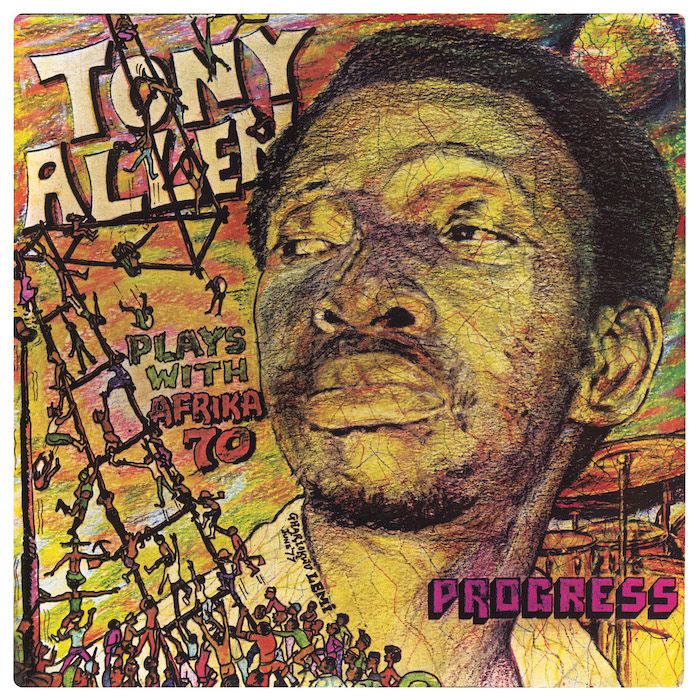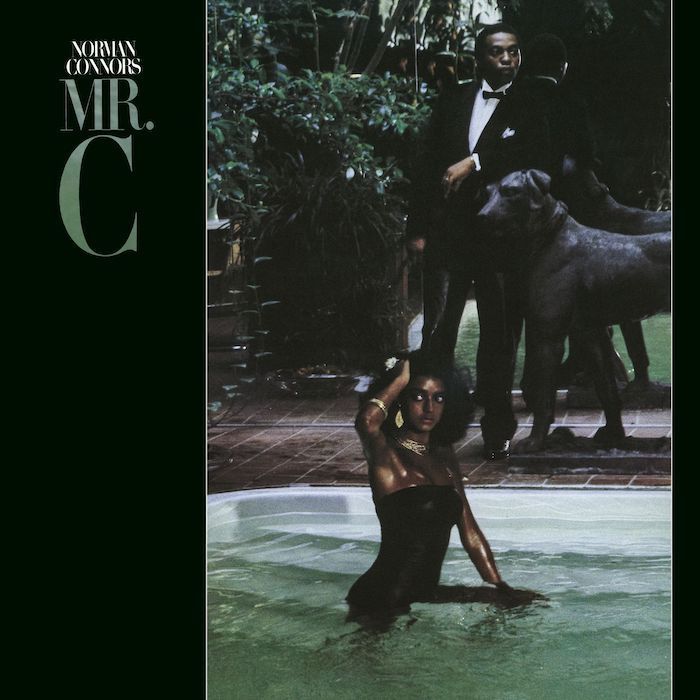By continuing your navigation on this website, you accept the use of cookies for statistical purposes.
Nucleus
We'll Talk About It Later
𝙏𝙝𝙚𝙞𝙧 𝙢𝙖𝙨𝙩𝙚𝙧𝙥𝙞𝙚𝙘𝙚? 𝙒𝙞𝙩𝙝 𝙗𝙧𝙚𝙖𝙠𝙨 𝙛𝙤𝙧 𝙙𝙖𝙮𝙮𝙮𝙮𝙮𝙮𝙨 𝙖𝙣𝙙 𝙖𝙣 𝙖𝙡𝙢𝙤𝙨𝙩 𝙖𝙢𝙗𝙞𝙚𝙣𝙩, 𝙝𝙚𝙖𝙫𝙮 𝙟𝙖𝙯𝙯 𝙖𝙩𝙢𝙤𝙨𝙥𝙝𝙚𝙧𝙚 𝙩𝙝𝙧𝙤𝙪𝙜𝙝𝙤𝙪𝙩, *𝙩𝙝𝙞𝙨* 𝙞𝙨 𝙩𝙝𝙚 𝙖𝙥𝙚𝙭 𝙤𝙛 𝘽𝙧𝙞𝙩𝙞𝙨𝙝 𝙟𝙖𝙯𝙯-𝙧𝙤𝙘𝙠 𝙛𝙪𝙨𝙞𝙤𝙣. 𝙒𝙚'𝙡𝙡 𝙏𝙖𝙡𝙠 𝘼𝙗𝙤𝙪𝙩 𝙄𝙩 𝙇𝙖𝙩𝙚𝙧 𝙬𝙖𝙨 𝙛𝙞𝙧𝙨𝙩 𝙧𝙚𝙡𝙚𝙖𝙨𝙚𝙙 𝙤𝙣 𝙑𝙚𝙧𝙩𝙞𝙜𝙤 𝙞𝙣 𝟭𝟵𝟳𝟭 𝙖𝙣𝙙 𝙤𝙧𝙞𝙜𝙞𝙣𝙖𝙡 𝙘𝙤𝙥𝙞𝙚𝙨 𝙖𝙧𝙚 𝙣𝙤𝙬 𝙫𝙚𝙧𝙮 𝙩𝙧𝙞𝙘𝙠𝙮 𝙩𝙤 𝙨𝙘𝙤𝙧𝙚. 𝙇𝙞𝙠𝙚 𝙖𝙡𝙡 𝙩𝙝𝙚 𝙉𝙪𝙘𝙡𝙚𝙪𝙨 𝙧𝙚𝙘𝙤𝙧𝙙𝙨, 𝙞𝙩’𝙨 𝙖𝙜𝙚𝙙 𝙧𝙞𝙙𝙞𝙘𝙪𝙡𝙤𝙪𝙨𝙡𝙮 𝙬𝙚𝙡𝙡 𝙖𝙣𝙙 𝙩𝙝𝙞𝙨 𝘽𝙚 𝙒𝙞𝙩𝙝 𝙧𝙚-𝙞𝙨𝙨𝙪𝙚, 𝙧𝙚-𝙢𝙖𝙨𝙩𝙚𝙧𝙚𝙙 𝙛𝙧𝙤𝙢 𝙩𝙝𝙚 𝙤𝙧𝙞𝙜𝙞𝙣𝙖𝙡 𝙖𝙣𝙖𝙡𝙤𝙜𝙪𝙚 𝙩𝙖𝙥𝙚𝙨, 𝙨𝙝𝙤𝙬𝙨 𝙤𝙛𝙛 𝙟𝙪𝙨𝙩 𝙬𝙝𝙮 𝙩𝙝𝙞𝙨 𝙙𝙚𝙨𝙚𝙧𝙫𝙚𝙨 𝙩𝙤 𝙗𝙚 𝙗𝙖𝙘𝙠 𝙞𝙣 𝙥𝙧𝙚𝙨𝙨.
*2023 reissue* Genius trumpeter and visionary composer Ian Carr was one of the most respected British musicians of his era. He was a true pioneer and saw the potential in fusing the worlds of jazz with rock, just as Miles Davis and The Tony Williams Lifetime did in the US. In late 1969, following the demise of the Rendell-Carr quintet, and tiring of British jazz, Carr assembled the legendary Nucleus. Regarding music as a continuous process, Nucleus refused to “recognise rigid boundaries” and worked on delivering what they saw as a “total musical experience”. We can get behind that.
Under bandleader Carr, Nucleus existed as a fluid line-up of inventive, skilled musicians. This constant evolution and revolution was all part of the continuous musical exploration and discovery that took jazz to new levels. And the music has kept relevant. To steal a line from a review of our re-issue of Roots, when it comes to anything Nucleus “it’s basically already hip-hop”
We'll Talk About It Later is arguably Nucleus's best album. Not only that, it's in the top 5 of all fusion albums. By the time Nucleus entered Trident Studios in September 1970 to record Elastic Rock's successor, they had already won a best group award at the Montreux Jazz Festival. Once again presented in a Roger Dean designed die-cut gatefold sleeve it continued to demonstrate the chemistry and interplay that worked so brilliantly on Elastic Rock; Carr's sumptuous trumpet and flügelhorn lines, Karl Jenkins's funk-filled electric keyboards, Chris Spedding's wah-wah guitar, Brian Smith's sax and the rhythmic foundation of drummer John Marshall and bassist Jeff Clyne.
The group work and insane musicianship Nucleus were famed for is in evidence from the off. The intensely funky "Song for the Bearded Lady" is absolute FIRE, blasting out the speakers to leave listeners floored. Counterpoint riffing segues into a spacious groove and a Carr trumpet solo demonstrating the influence of electric Miles from the period. The stop-start funk of "Sun Child" would appeal to Soft Machine devotees whilst the genuinely touching "Lullaby for a Lonely Child" is a lovely downtempo ballad. Featuring an understated, reflective horn line from Carr and Smith and atmospheric, shimmering bouzouki from Spedding, there's an exotic flavour which contributes to the bliss. The ominous, sleazy title track retains a swaggering menace and is not the only track to lend a sort of heavy stoner rock atmosphere. The guitars and bass are deep and low throughout, conjuring heavy psych moments to go with the actual jazz and even funk. To say this album was in conversation with Bitches Brew would not be overstating the sheer brain-frying brilliance.
A1
Song For The Bearded Lady
A2
Sun Child
A3
Lullaby For A Lonely Child
A4
We'll Talk About It Later
B1
Oasis
B2
Ballad Of Joe Pimp
B3
Easter 1916







